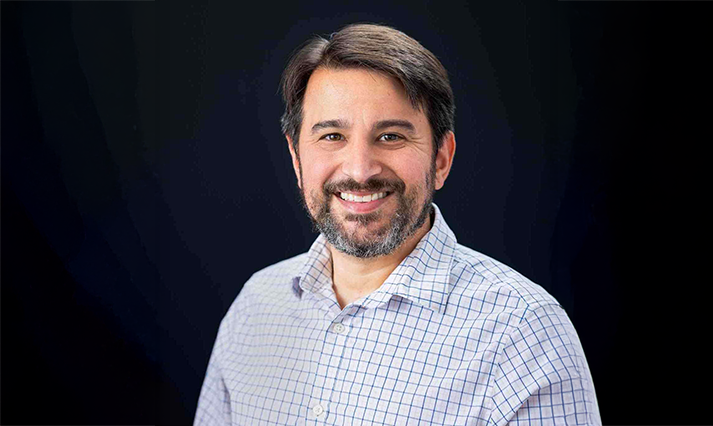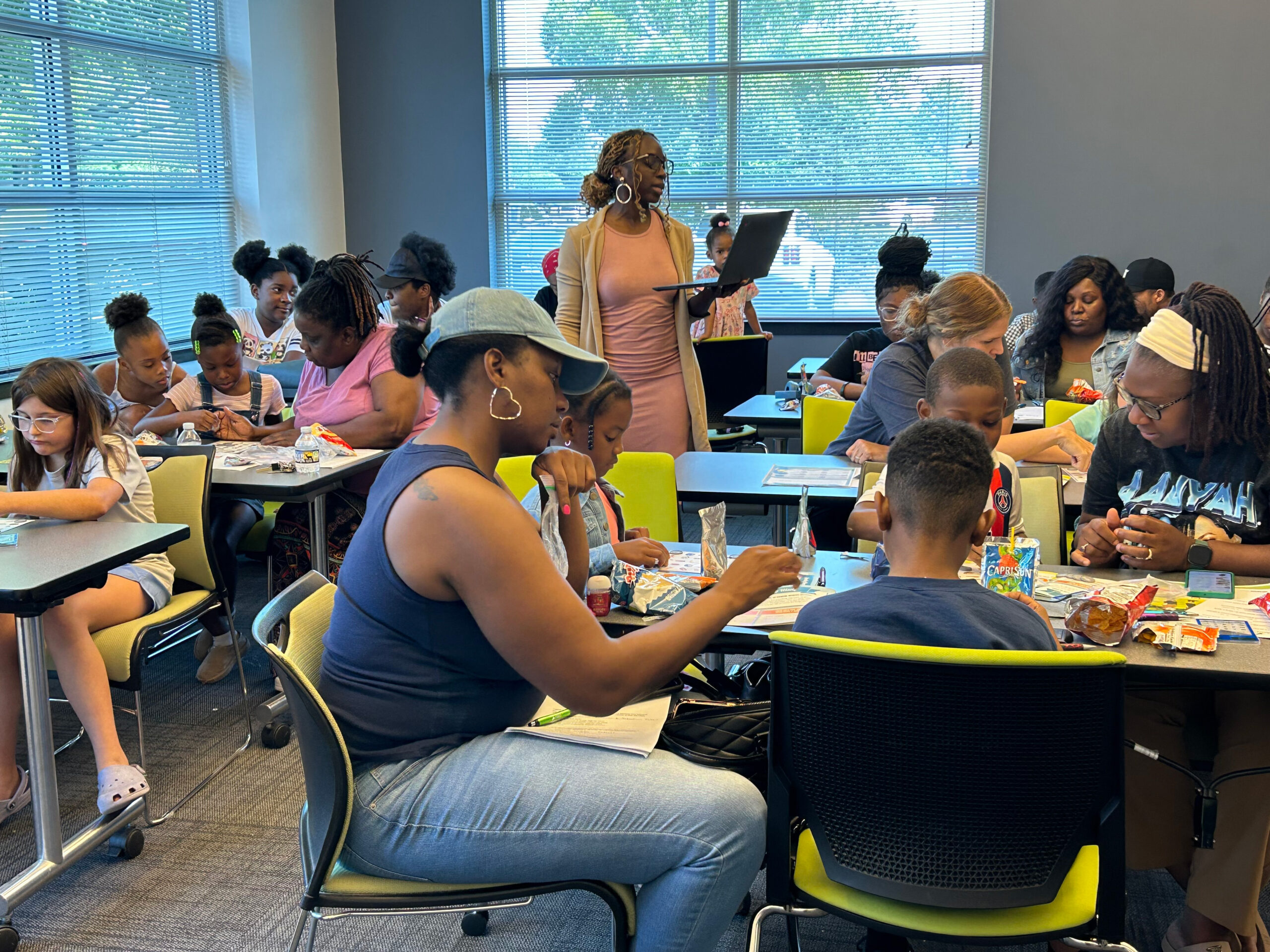West Africa: A Primer for the White House Visit by Gabon, Guinea-Bissau, Liberia, Mauritania, and Senegal
Washington, DC — President Donald Trump is slated to host the heads of state of , , , and for a luncheon discussion on Wednesday at the White House, to explore what a White House official called “incredible commercial opportunities which benefit both the American people and our African partners.”
If that is the intent, the visit will provide an extraordinary opportunity for these coastal African countries to unlock tangible benefits from the administration’s increased emphasis LINK on expanded trade and private investment in the African affairs of the US government. In parallel, it will provide the Trump administration with a valuable opportunity to demonstrate to the American people that peace, security and prosperity can be better achieved through commerce and investment than through development assistance.
As with any Trump encounter, the White House visit is not without downside risks. To mitigate some of those, the invited heads of state should prepare by identifying any serious bilateral relations concerns held by the Trump administration and arrive with a concrete set of commercial and investment proposals endorsed by the private sector.
The Trump administration selected a set of African countries with important similarities. All are perceived to be of high importance in countering the spread of violent extremism on the African continent. The U.S. government is extremely concerned about the risk of violent extremism spreading into coastal West and Central African countries with low impacts of terrorism (e.g. Gabon, Guinea-Bissau, Liberia, Mauritania and Senegal) from neighboring Sahelian countries with high impacts of terrorism (i.e. Burkina Faso, Cameroon, Mali, Niger, Nigeria).
>The five countries share similarities as well as important differences
None of the invited countries have been designated identified as “worst offenders” among American trading partners or as having an exceptional lack of reciprocity in their bilateral trade relationships with the United States.
At the same time, the White House meeting participants have important differences. Four have diplomatic relations with Israel. Mauritania does not
Another distinction is the wide range in military expenditure as a percentage of gross domestic product. At the low end, Liberia spent 0.7% in 2024. At the high end, Mauritania spent 2.2%. That suggests varying commitments and capacities to conduct independent counter-terrorism operations.
Yet another is that some of the countries appear to meet the stated criteria for the partial suspension of the admission of their citizens to the United States. One invitee – Gabon - has been identified as being at risk of becoming a recalcitrant country by the U.S. Immigration and Customs Enforcement. Another – Liberia - has a high B1-B2 overstay rate. And Gabon and Liberia have high nonimmigrant students and exchange visitors overstay rates.
That raises important questions about why those countries received invitations, given that the Trump administration recently imposed partial suspension on the admission of citizens from Burundi and Sierra Leone over their high overstay rates and/or historical recalcitrance status.
The White House provides the five countries with an opportunity to boost trade and private investment with the United States. The Trump administration has indicated that it is committed to driving economic growth through expanded trade and private investment rather than development assistance. In response, the Department of State has made commercial diplomacy the “core focus” in African affairs.

During his first term, President Trump hosted three Oval Office meetings with African leaders - two with Kenyan President Uhuru Kenyatta (pictured above in 2018) and one with Nigerian President Muhammadu Buhari.
Chiefs of Mission are now being evaluated on their ability to advocate for market reforms identified by the private sector, facilitate new commercial and investment opportunities for American individuals and companies and implement major infrastructure projects that “unlock economic growth and attract private investment”. This “trade not aid” focus could help the visiting leaders bolster U.S. ties through commerce and investment.
At the same time, the White House visit could help the Trump team demonstrate that their approach to African affairs is better than the policies pursued by the Biden and Obama administrations. To make this work, current administration will need to show that it has delivered on its promise to increase the prosperity of Americans through its African engagements. Proof points might include market expansion for U.S. companies, U.S. investments by Africans and market reforms demanded by the private sector.
In the process, the Trump administration will be looking to reinforce the President’s whole-of-government priorities. Examples could include higher use of U.S. maritime industries, expanded access to critical mineral resources, increased exports of American coal, liquid natural gas and associated energy generation technologies and improved capacity of African partners to conduct independent military operations. Some of these could be controversial but they are consistent with what Trump promised during the campaign and since taking office in January.
To mitigate the chances for the kind of tension that arose during the recent White House visit by South African President Cyril Ramaphosa, the visiting leaders should seek to address any that the administration might have - overstay rates, information-sharing cooperation, identity-management procedures, public safety risks and terrorism-related risks. That also includes .
They should also seek to identify any that the administration might have about the fines, practices, policies and taxes that their government levies on American companies. And they should seek to identify and address any strategic competition concerns that the Trump administration might have about their relations with such countries as China, Iran or Venezuela. That includes proliferation and sanctions-busting concerns.
If they can take those concerns off the table, they will create more room for laying down the cards on commercial and investment deals.
Another lesson to be learned from the South African visit is the importance of bringing concrete commercial and investment proposals to the bargaining table. Trump does not invite African heads of state over to talk about golf. His focus is on campaign commitments to the American people – and he wants to demonstratable progress prior to the midterm elections in 2026.
It is therefore imperative that the invited heads of state seek to build rapport and signal that their governments are ready to strike deals.
Michael Walsh is an Affiliate of the African Studies Program in the Georgetown University Walsh School of Foreign Service. An earlier version of this article ran in the Mail & Guardian.
You may also like...
Diddy's Legal Troubles & Racketeering Trial

Music mogul Sean 'Diddy' Combs was acquitted of sex trafficking and racketeering charges but convicted on transportation...
Thomas Partey Faces Rape & Sexual Assault Charges

Former Arsenal midfielder Thomas Partey has been formally charged with multiple counts of rape and sexual assault by UK ...
Nigeria Universities Changes Admission Policies

JAMB has clarified its admission policies, rectifying a student's status, reiterating the necessity of its Central Admis...
Ghana's Economic Reforms & Gold Sector Initiatives

Ghana is undertaking a comprehensive economic overhaul with President John Dramani Mahama's 24-Hour Economy and Accelera...
WAFCON 2024 African Women's Football Tournament

The 2024 Women's Africa Cup of Nations opened with thrilling matches, seeing Nigeria's Super Falcons secure a dominant 3...
Emergence & Dynamics of Nigeria's ADC Coalition

A new opposition coalition, led by the African Democratic Congress (ADC), is emerging to challenge President Bola Ahmed ...
Demise of Olubadan of Ibadanland
Oba Owolabi Olakulehin, the 43rd Olubadan of Ibadanland, has died at 90, concluding a life of distinguished service in t...
Death of Nigerian Goalkeeping Legend Peter Rufai

Nigerian football mourns the death of legendary Super Eagles goalkeeper Peter Rufai, who passed away at 61. Known as 'Do...




